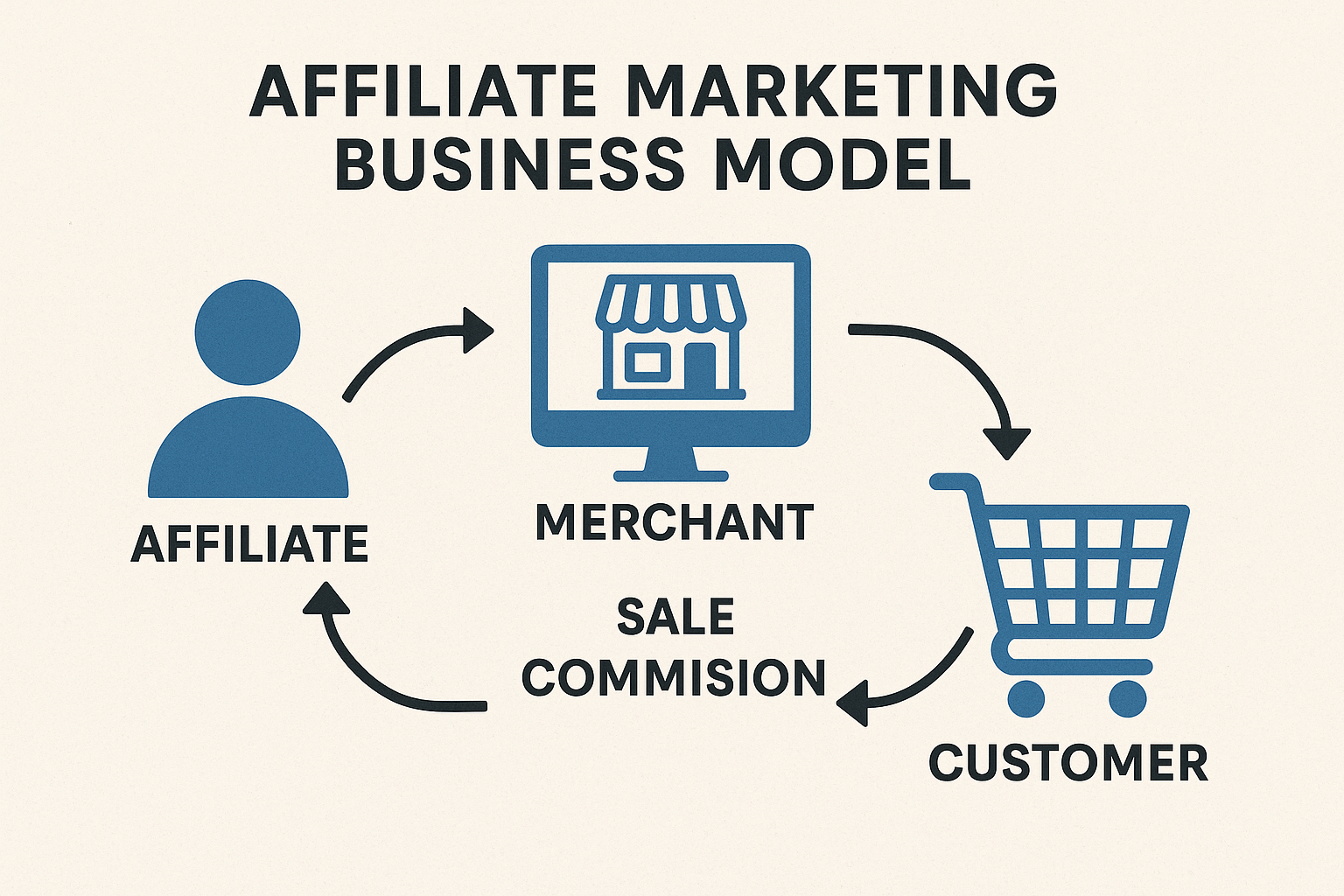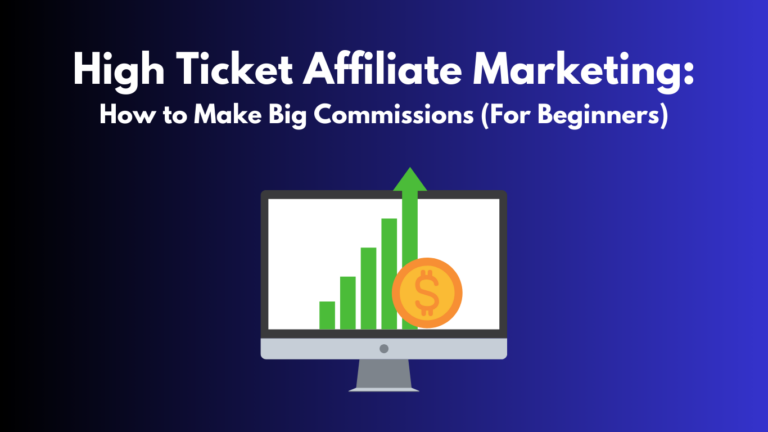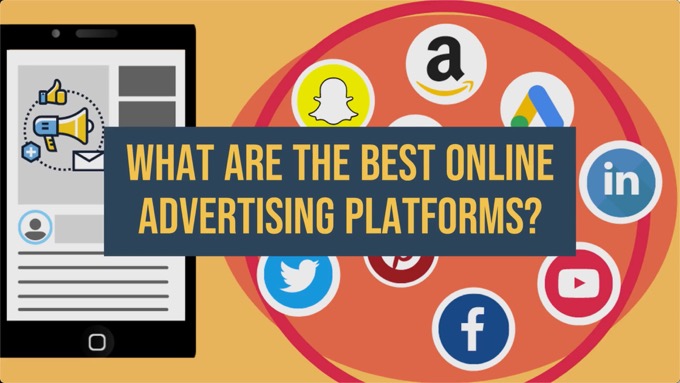Is Affiliate Marketing Legit? The Truth Revealed in 2025

Do you ever wonder: is affiliate marketing legit? Discover the honest truth about this business model, how to avoid scams, and tips for building a legitimate affiliate income stream.
Did you ever scroll through social media only to see someone flexing their “affiliate marketing lifestyle” – laptop on the beach, passive income rolling in while they sleep?
It’s enough to make anyone skeptical!
According to a recent industry report by DemandSage, the affiliate marketing industry is estimated to be worth around $37.3 billion, and drives 16% of all online orders in the US alone.
But with such enormous growth comes legitimate questions about its authenticity. Is affiliate marketing truly a legitimate business model, or just another online scheme?
I’ve spent years in this industry, and today I’m pulling back the curtain to reveal the unfiltered truth about affiliate marketing in 2025!
What Is Affiliate Marketing: Explaining the Business Model
Alright, picture this:
You’re at a family BBQ, and your cousin Dave shows up with this ridiculously fancy cooler. It’s got wheels, cup holders, Bluetooth speakers, and it somehow grills hot dogs. Everyone’s like, “Dang, Dave, where’d you get that?”
Dave, being Dave, goes, “Oh, I got it online—here’s the link!”
But what you don’t know is that Dave’s not just being helpful. That link? It’s his affiliate link. If anyone at that BBQ buys that cooler through it, Dave gets a cut.
That’s affiliate marketing in a nutshell.
The whole affiliate ecosystem involves three main players: the merchant, the affiliate (that’s you!), and the consumer. Let me break down how this three-way relationship functions.

The Merchant is the seller of the products or services. It could a small business selling t-shirts, a solo entrepreneur selling e-books, or massive companies like Amazon or Walmart. What all of them have in common is that they are looking for help marketing their products, and they’re willing to share the profits.
The Affiliate is someone who promote these products or services in an authentic way that resonates with your audience. Every time you drive the desired action (like a sale or email sign-up), you get paid a commission.
The consumer is the end user who purchases through your recommendation. They shouldn’t pay any extra for using your affiliate link!
How Affiliates Get Paid
The payment structures in affiliate marketing can vary wildly depending on the program and industry.
Most programs fall into these payment models:
- Pay per sale (most common): You might get anywhere from 5% to 50% of the sale price. I’ve seen digital products offer up to 75%! My first affiliate commission was a whopping $1.50 from Amazon, and let me tell you – seeing that first commission notification felt amazing.
- Pay per lead: Some companies pay you when someone signs up for a free trial or newsletter. These might range from $1 to $100 depending on the industry.
- Pay per click (rare these days): You get paid for sending traffic, regardless of sales.
The beauty of affiliate marketing is that once you’ve built up content with your links, you can literally make money while doing nothing.
Remember though – this isn’t a get-rich-quick scheme. It took me weeks to earn my first $100. But stick with it, focus on helping your audience, and the commissions will follow. Trust me on this one!
And there’s more!
While the average commission can go from $1 up to $150-$200, there’s many companies out there offering much higher payments, usually for very premium services, where you can actually earn $1,000+ per sale.
If you are interested to know more about this you can read my guide about high ticket affiliate marketing.
Legitimate Aspects of Affiliate Marketing
When I first mentioned to my brother that I was getting into affiliate marketing, he too asked me the same question you are wondering, “Is affiliate marketing legit?”
I couldn’t help but laugh, then spent the next hour explaining how affiliate marketing is actually a legitimate, thriving industry that powers a huge chunk of online commerce.
Seven years later, he’s now one of my biggest supporters (and occasionally asks for tips).
One thing that helped convince my skeptical family members was pointing out the major companies that actively run affiliate programs. We’re talking about some of the biggest names in retail and tech.
Amazon Associates was actually my first affiliate program, and it remains one of the largest in the world. While their commission rates have dropped over the years, they offer millions of products you can promote.
Other big brands with affiliate programs include Walmart, Target, Best Buy, Nike, Netflix and Apple. That’s right, Apple pays you to recommend their products!
Real People Finding Real Success
What really convinced me that affiliate marketing is legit, was discovering real people who had built ethical, sustainable businesses through this model.
Take Pat Flynn from Smart Passive Income for example. He makes over $100,000 monthly from affiliate marketing alone, and publishes monthly income reports showing exactly how much he earns from each affiliate partner.
When I earned my first $1,000 in a single month from affiliate marketing, I was so happy and excited. After a couple of months that I’ve started earning $5,000-$6,000 in a month, I realized that I could actually made a living out of this.
Don’t take my word for granted though. Just have a look at my income report and see how I made $6k in one month!
Common Misconceptions and Concerns About Affiliate Marketing
If you have ever watched one of those YouTube videos promising “Six figures in 90 days with this affiliate marketing secret!”, please forget about it!
This “overnight success” narrative couldn’t be further from the truth. Building a sustainable affiliate marketing business typically take months of consistent work, many attempts, and several failures.
The reality is that successful affiliate marketers treat this like any other business!
But probably the biggest misconception about affiliate marketing is considering it as a pyramid scheme.
I believe this stems from the association with the word referral.
Bear with me and you’ll understand why.
Affiliate marketing programs are often called referral programs. This referral feature is what constitutes the core of any pyramid business model.
Every person needs to refer the business to others that will be at the bottom and in turn will refer to someone further down the line, which creates the so called pyramid scheme.
But as you can imagine by now, this has nothing to do with affiliate marketing.
I don’t make more money by convincing others to become affiliates. My income comes exclusively from promoting products to end consumers.
I work directly with the merchant. No one is “under” me, and whether there are five or five thousand other affiliates promoting the same product has zero impact on my commissions.
That fundamental difference is what makes affiliate marketing a legitimate business model rather than a scheme.
Red Flags: How to Spot Illegitimate Affiliate Marketing Opportunities
The affiliate marketing landscape can sometimes feel like navigating a minefield, especially for newcomers.
While legitimate affiliate marketing opportunities abound, so do the schemes designed to separate eager entrepreneurs from their money.
It might sound a bit lame, but generally speaking you should use your common sense when deciding to join a program.
In other words… If it seems too good to be true, think about it twice!
With this said, there are several red flags that should immediately set off alarm bells in your head.
I understand that as a newbie it might be difficult to spot this signals, so I’m breaking it down for you:
- Watch out for programs that provide zero information about the actual products or services you’ll be promoting. Everything that is too general, like “high-demand digital solutions” or my favorite one “revolutionary opportunity, should be avoided.
- Be wary of affiliate programs that don’t have a public-facing website. Legitimate companies want consumers to find their products easily. If the only way to see what you’re promoting is through a password-protected affiliate portal, that’s suspicious.
- Be especially suspicious of specific income guarantees. No legitimate affiliate program can guarantee you’ll make “$5,000 in your first month” or “$100,000 in your first year”.Remember that legitimate affiliate programs will be transparent about average earnings and the work involved.
The “Pay to Play” Red Flag
One of the biggest warning sign is being asked for significant upfront investment to join an affiliate program.
Legitimate affiliate marketing programs never ask you to pay.
Everything is built on a performance-based model – you get paid when you deliver results, not the other way around.
They might have some minimum requirements. For example, monthly traffic thresholds if you have a blog, or a minimum amount of Instagram followers. But they don’t ask you to pay for the privilege of marketing their stuff.
The Recruitment Obsession
In my opinion, the clearest distinction between legitimate and illegitimate affiliate marketing is the focus on end consumers versus recruitment of other affiliates.
If a program seems more excited about you recruiting other affiliates than promoting their actual products to consumers, you should probably walk away.
Legitimate affiliate marketing focuses on the value chain of merchant → affiliate → consumer.
Any model that emphasizes merchant → affiliate → more affiliates → even more affiliates is veering into pyramid territory.
Conclusion
The reality is that affiliate marketing is absolutely legitimate when approached as a real business rather than a get-rich-quick scheme.
Like any business model, it requires dedication, strategy, and ethical practices to succeed.
The key difference between legitimate affiliate marketers and those giving the industry a bad name comes down to transparency, value creation, and putting audience needs first.
If you’re considering affiliate marketing in 2025, focus on building genuine relationships with your audience and promoting products you truly believe in.
Remember that sustainable success comes from helping others solve real problems – do that consistently, and the commissions will follow!






